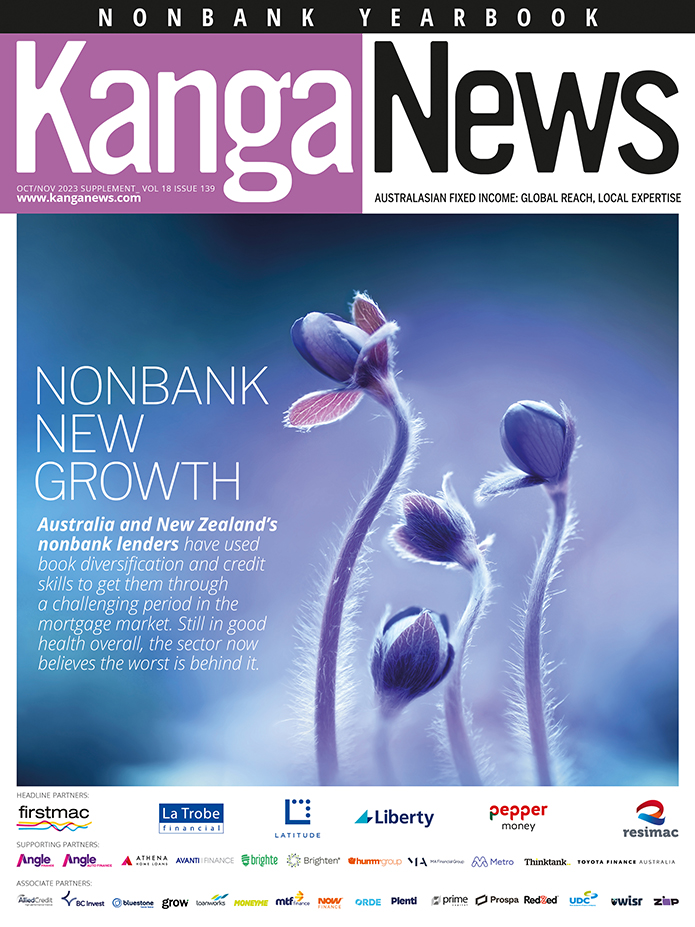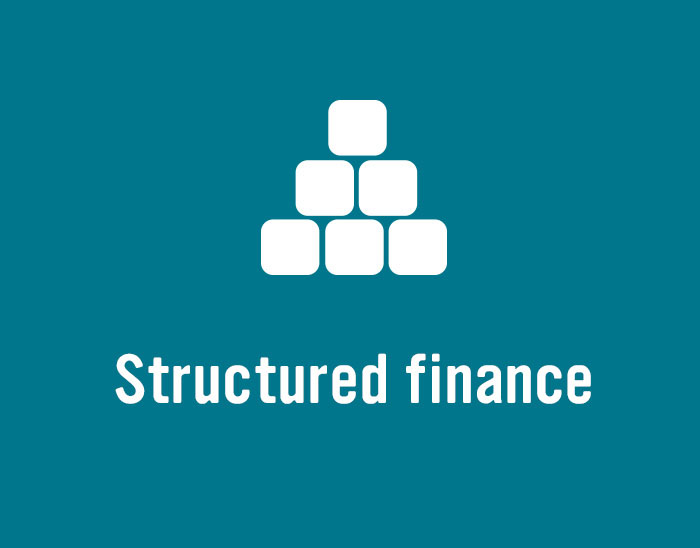
Priming the pump
Prime Capital is an experienced nonbank lender specialising in originating mortgages to SME clients. Paul Scanlon, the firm’s Sydney-based chief executive, discusses the approach it takes to lending, funding and business management – including how it has adapted to the unique circumstances of 2020.
As this is the first time Prime Capital has participated in the KangaNews Nonbank Yearbook, can you give a brief overview of its lending business and how it differentiates from other players in the market?
Prime Capital was established in 1997 to focus exclusively on the niche of providing mortgages to SME clients, and we remain focused on this niche today. By going deep in this category, we have developed a high level of specialisation in origination, servicing and capital management for the sector.
It is a common theme to suggest such clients are under-serviced, but our experience shows them to be highly sophisticated customers, based on their own experiences operating businesses. They typically require high service levels and relevant products, which we are able to provide.
When these expectations are achieved our experience also shows this category of borrower to be very loyal, and we work hard to maintain high NPS [net promoter score] ratings with them.
Prime Capital only distributes mortgage products through mortgage brokers. We have more than 1,000 active brokers, including 68 of the MPA [Mortgage Professional Australia] top 100.
What are the key points institutional investors should know about Prime Capital as an institution and its business philosophy?
One of the critical targets we operate toward in our business is zero losses. We have had zero losses of principal since inception in 1997. This culture is linked to our founding shareholders, who remain shareholders today, and their original relationships as custodians of superannuation funds for working-class Australians.
We know this cannot last forever, but the team never wants today to be the day the record is broken.
How has Prime Capital been funded to this point and what are its funding plans?
For our first decade or so, our funding was primarily sourced from Australian industry superannuation funds. We started looking abroad for funding from around 2006. We built great relationships with European reinsurance companies, which lasted until around 2015 when geopolitical changes related to conflict in Ukraine and the potential exit of Greece from the EU made capital flows shift directions.
We are now focused on warehouse funding in the Australian securitisation market.
Can you give an overview of Prime Capital’s warehouse-funding relationships, how these have changed through the current crisis and whether there are any plans to term out warehouses?
Any crisis tends to highlight the strengths or cracks in relationships, and we have been really impressed with and grateful for the response of our current warehouse partners.
Prior to the crisis, our focus had generally been on business as usual, with reporting and drawdowns occurring at required intervals. As the reality of the crisis set in, however, contact shifted to weekly discussions and more detailed information sharing.
This went both ways, meaning our warehouse partners also provided us with valuable information and insights that helped us successfully navigate originations, collections and customer-service levels through the period.
The business and our warehouse partners are happy with existing warehouse arrangements so there are no term-outs proposed in the short term. However, in response to demand from brokers and clients, we are exploring the possibility of establishing a third warehouse to assist high-quality clients in our current pools with longer-term mortgage options.
The COVID-19 crisis has clearly been tough on Australian businesses. How has Prime Capital responded in its existing lending arrangements?
COVID-19 has been very challenging operationally, as we have seen in the uptick in demands on both sides of the loan portfolio. New loan enquiries have risen sharply as credit availability reduced across the market, and at the same time customer-service work within existing portfolios has increased.
We have no external shareholders so at this stage we have prioritised servicing existing customers and protecting existing investor capital over loan-book growth.
What measures does Prime Capital have in place to ensure newly originated loans are insulated from the COVID-19 crisis, and are there any particular segments that can be regarded as relative safe havens?
No-one is truly insulated from this crisis. For us, it is back to basics and doing what we do best. This means we are sticking to our niche for now, with even more detailed focus on high-quality execution of credit and service systems.

nonbank Yearbook 2023
KangaNews's eighth annual guide to the business and funding trends in Australia's nonbank financial-institution sector.









